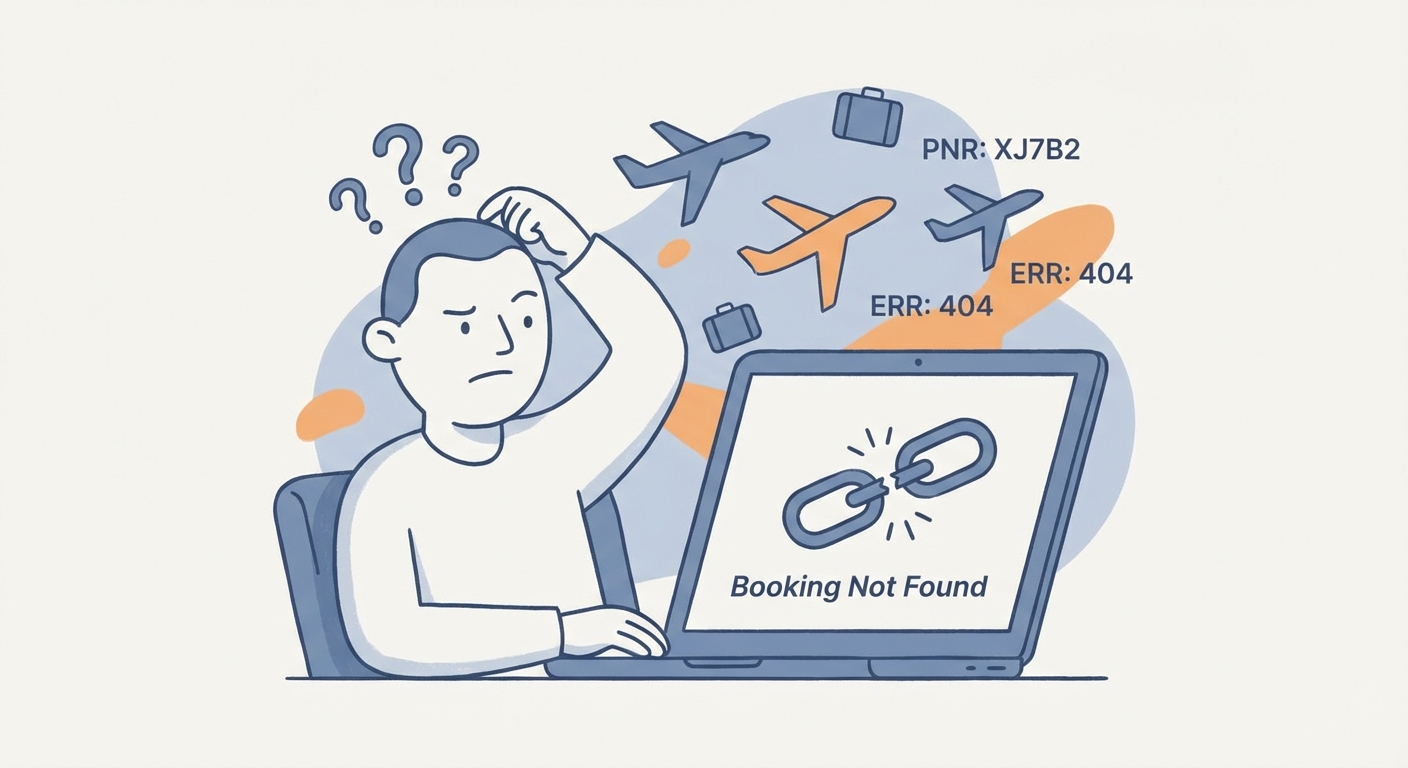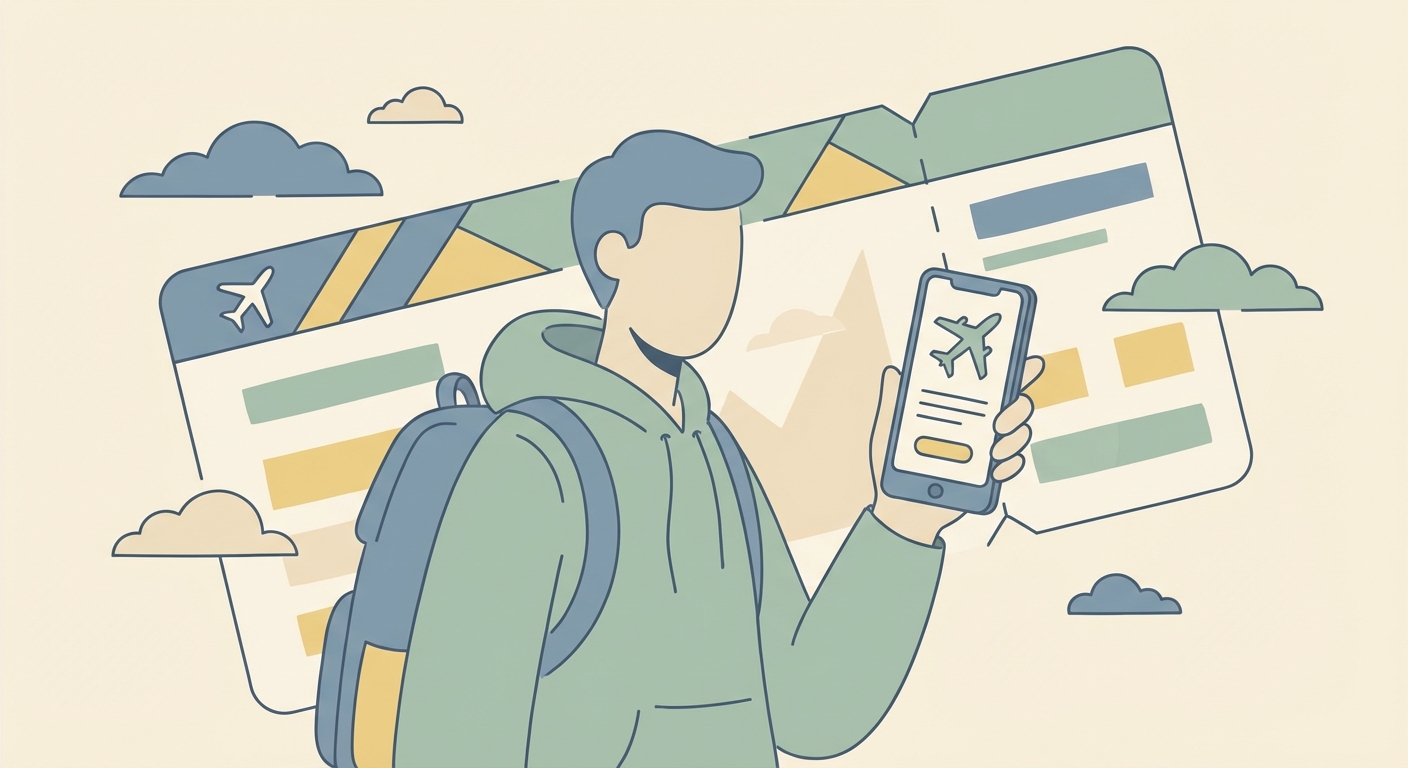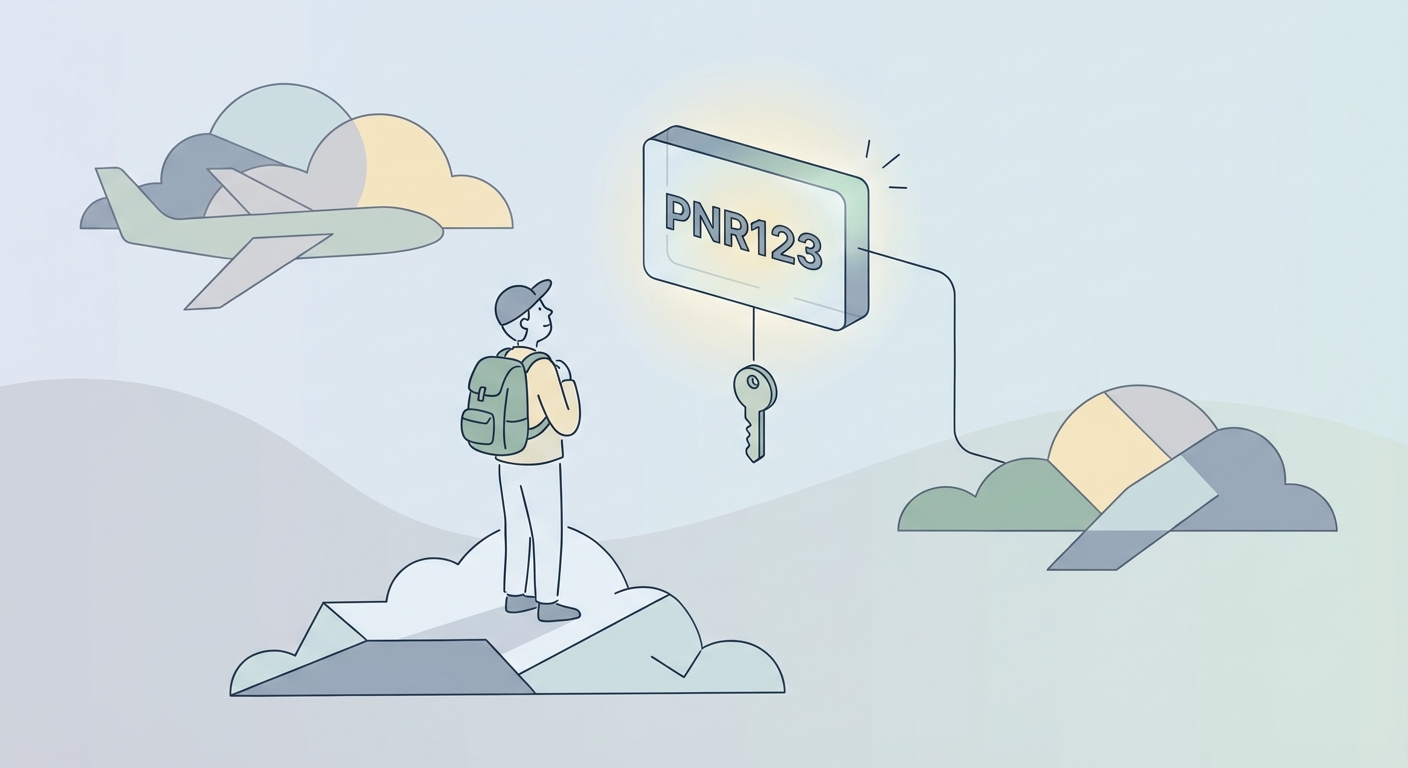Implications of Cancelling or Not Showing Up for a Flight
TL;DR
- This article covers the ins and outs of flight cancellations and no-shows, explaining airline policies, potential financial repercussions like lost ticket value and extra fees, and impacts on connecting flights or loyalty programs. We also explore how travel insurance and flexible booking options can help mitigate these risks, ensuring your travel plans don't completely fall apart if something unexpected happens.
Understanding Airline Cancellation Policies
Airline tickets, huh? You buy one, life happens, and suddenly you're staring down a cancellation. What's the deal with getting your money back? Turns out, it's not always straightforward.
Airline cancellation policies—they're like a secret language designed to confuse even the most seasoned traveler. Each airline, and even each type of ticket, has its own set of rules. It ain't a one-size-fits-all kinda thing. So, let's break it down:
Types of Fares:
- Basic Economy: These tickets are usually the cheapest, but boy, are they restrictive! Cancellations are often not allowed at all, or if they are, you'll face a significant fee, sometimes close to the original ticket price. You might get a small credit, but refunds are rare.
- Main Cabin: Offers a bit more flexibility than basic economy. You might be able to change your flight for a fee or get a flight credit, but a full refund? Unlikely, unless you have a very specific reason. The "fee" can vary widely, from $50 to $200 or more, and you'll also have to pay any fare difference. A "credit" usually means you can rebook within a certain timeframe, minus the change fee.
- First Class/Business Class: Generally the most flexible, with easier changes and cancellations. This often means you can change or cancel your flight with minimal or no fees, and you're more likely to receive a full refund, though sometimes a small processing fee might apply.
Refundable vs. Non-Refundable:
- Refundable tickets: These are your golden ticket, eh? You can cancel and get your money back – though there might be some processing fees, usually a small administrative charge.
- Non-refundable tickets: The name says it all, right? But sometimes, you can get a flight credit for future use, minus change fees.
Watch out for those hidden fees! Airlines are notorious for tacking on extra charges. Change fees, cancellation fees, service fees–they add up quick. Service fees might be applied if you need to make changes over the phone with an agent, or for processing certain types of refunds. Always, and i mean always, read the fine print before booking.
A recent study showed that airlines collected billions in change and cancellation fees annually. (Senate report slams airlines for raking in billions in seat fees)
Knowing your rights and understanding the policies is key to avoid getting stung. Understanding these policies is crucial, but what are the actual financial consequences when you do decide to cancel or, worse, don't show up for your flight?
Financial Implications of Cancelling or Not Showing Up
So, you didn't show up for your flight, huh? Or maybe you cancelled last minute. Either way, it's not just a matter of missing a trip – your wallet might feel the sting, too. Let's break down the financial fallout, because nobody likes surprise charges.
First things first: what happens to the money you shelled out for that ticket? Well, it depends, doesn't it always? With those super-restrictive basic economy fares, you're probably kissing most of that money goodbye. Airlines are getting stricter, it seems.
But even with a main cabin ticket, don't expect a full refund, especially if you no-showed. You might get a flight credit, which is basically an airline IOU, but even that comes with strings attached.
- Airline Credits vs. Refunds: A refund is cold, hard cash back in your account. A flight credit? It's like a gift card to a specific store.
- Expiration Dates are Real: Those flight credits aren't valid forever, y'know. Airlines are hoping you'll forget about them. So, mark that expiration date on your calendar and – this is important – use it!
Ah yes, the airline's favorite revenue stream: fees! Cancellation and change fees can really take a bite out of you.
Some airlines charge upwards of $200 just to change your flight. (Airline Fees That Could Cost You $100 or More: How to Avoid Them)
And that's before any fare difference. What gives? Well, airlines argue it covers their costs for rebooking, but, honestly, it feels like a money-grab sometimes.
- Waiving Fees? Maybe, Maybe Not: Sometimes, if you're super polite to the agent or have a legitimate emergency (proof required, of course), you might get the fee waived. It's worth a shot, right? My best friend had a family emergency, and they didn't charge her a dime because she showed them the report from the clinic. Acceptable proof typically includes things like a doctor's note for illness, a death certificate for a bereavement, or a police report for an accident.
- Comparing Fees: Not all airlines are created equal. Some are more lenient than others, so it pays to do your homework before booking.
Protecting Your Travel Investment
Okay, so you're trying to protect that hard-earned vacation money, huh? Smart move. It's like, you plan this awesome trip, pay for everything, and then BAM—life throws you a curveball. What then?
First up: travel insurance. It's not the most exciting thing to think about, but it can save your bacon. Think of it as your "oops, something went wrong" fund. There's actually different types that covers different things, so make sure you understands what you're purchasing.
- Types of coverage: You got your basic trip cancellation insurance, which can refund your costs if you gotta cancel for covered reasons - like, say, you get sick or there's a death in the family. Then there's trip interruption insurance, which helps if your trip is cut short. And don't forget baggage insurance, in case the airline decides to play keep-away with your luggage.
- Read the fine print: This is super important, and I mean super important. Policies have exclusions, and you don't wanna be surprised when your claim gets denied 'cause you didn't read the small print. Like, some policies don't cover pre-existing conditions, or "acts of god" (which generally refers to natural disasters like earthquakes, hurricanes, or floods, or other unforeseen events beyond human control), or even pandemics.
- Timing is everything: Usually, you wanna buy travel insurance soon after booking your trip. Some policies have waiting periods before certain coverages kick in. Plus, some benefits, like "cancel for any reason" (cfr), might only be available if you buy the policy within a certain timeframe of booking your trip.
Some airlines, hotels, and tour operators are wising up and offerin' more flexible booking policies. Basically, you pay a bit extra upfront for the option to change or cancel your booking without hefty fees. But, of course, there's always a catch.
- Cancel For Any Reason (CFR): It's pretty self-explanatory. You can cancel for any reason and get a partial refund. Typically, CFR policies will reimburse you for 50-75% of your non-refundable trip costs. These upgrades can add a significant cost to your overall travel expenses, often increasing the premium by 25-50%.
- Comparing Providers: Before you jump on the first flexible option you see, shop around. Different travel providers have different rules and fees for their flexible bookings. Some might offer full refunds, while others only give you a credit.
Don't forget to check you're credit card benefits! You might already have some travel insurance baked in! Some cards offer trip cancellation/interruption insurance, baggage delay coverage, and even rental car insurance.
- Activating Credit Card Travel Protections: It's usually pretty simple. You just need to use your credit card to pay for your travel expenses - flights, hotels, tours, etc.
- Limitations and Exclusions: Credit card travel protections usually have limits on how much they'll cover, and they might not cover every possible scenario.
So, yeah, protecting your travel investment ain't always easy, but with a little planning and research, you can minimize your risks and travel with more peace of mind.
Tips for Avoiding Cancellation Chaos
So, you're trying to dodge that whole cancellation drama, huh? Smart. Nobody wants a travel headache, especially when you're just trying to get away! It's like planning a surprise party, but for your vacation—you want everything to go smoothly, right?
Booking directly with the airline can save you a ton of grief if things go sideways. Third-party sites might seem cheaper at first, but they can become a total pain when you need to change or cancel. It's like, you're dealing with two companies instead of one, and communication just becomes a game of telephone.
Seriously, download that airline app! Set up flight alerts on your phone so you get pinged the second anything changes. Airlines aren't always the best at proactively reaching out, so being on top of it yourself can save you from showing up to a cancelled flight.
Airline loyalty programs can be a mixed bag, but sometimes, they're worth it. Elite status can unlock perks like waived fees or priority customer service. It's like having a backstage pass—you get treated a little better!
Keep every email, booking confirmation, and ticket stub. If your flight does get messed up, having all your paperwork in order makes filing a claim way easier.
According to André Dhondt, Director of Bird Population Studies, long-term field experiments are needed for firm conclusions. (an overview of results from a long-term field experiment - PubMed)
Long-term planning and good record-keeping is key.
Look, sometimes cancellations happen, and you can't control it. But by being proactive, informed, and a little bit strategic, you can minimize the chaos. And hey, at least you'll have a story to tell, right?





